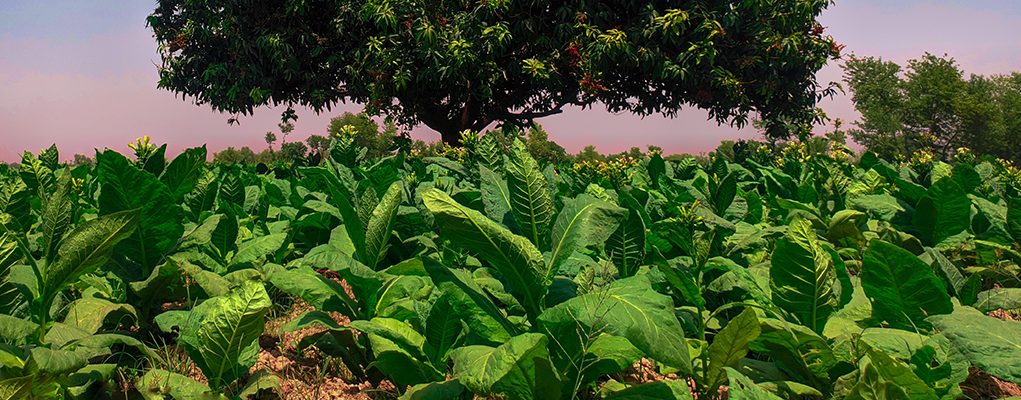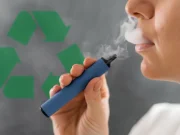An earlier GSTHR paper released last May titled What is Tobacco Harm Reduction?, provided a detailed introduction to the principles, history and evidence for this vital public health strategy. Recent GSTHR data had revealed a 20% increase in vapers worldwide from 2020 to 2021. Released by K•A•C, the report equated the 20% increase to 82 million in 2021 from 68 million in 2020. The figures available in the new GSTHR Briefing Paper were based on 49 countries and were obtained by combining data from different sources including the 2021 Eurobarometer 506 survey.
Meanwhile, titled “Tobacco Harm Reduction in Sub-Saharan Africa,” the latest report argues that with such a high number of smoking-related deaths each year in Sub-Saharan Africa, there is an urgent need for the region to embrace tobacco harm reduction, according to UK-based public health agency Knowledge•Action•Change (K•A•C).
Authored by Chimwemwe Ngoma, the founder of THR Malawi, the new KAC paper investigates the current status of tobacco harm reduction in the 48 countries of Sub-Saharan Africa. It argues that tobacco harm reduction could generate significant public health gains in the region particularly especially given that the WHO has estimated that the number of tobacco users is set to increase to 62 million by 2025.
African countries urged to divert from tobacco farming
Meanwhile, sociologist and tobacco harm reduction expert, Gerry Stimson has been advising African countries to avoid disaster by moving away from tobacco farming towards a more sustainable crop, because tobacco harm reduction is here to stay.
Stimson was one of the presenters at a previous GSTHR report, “Fighting The Last War: The WHO and International Tobacco Control,” launched on the 27th October. An event aimed at drawing attention to, and challenge the direction of the COP9 which was held in November last year,
In response to a journalist’s comment about the fact that some African countries rely on tobacco production, Stimson warned that any tobacco-dependent countries which will delay moving away from the ‘green gold’ would have disastrous effects on their economies in a not so distant future from now.
“I know there are some countries in African such as Malawi that heavily rely on tobacco production. But by now, Malawi should be thinking about agricultural transformation. The question these countries that depend on tobacco should be considering is: What does the future of tobacco production look like for them?” he emphasized.













